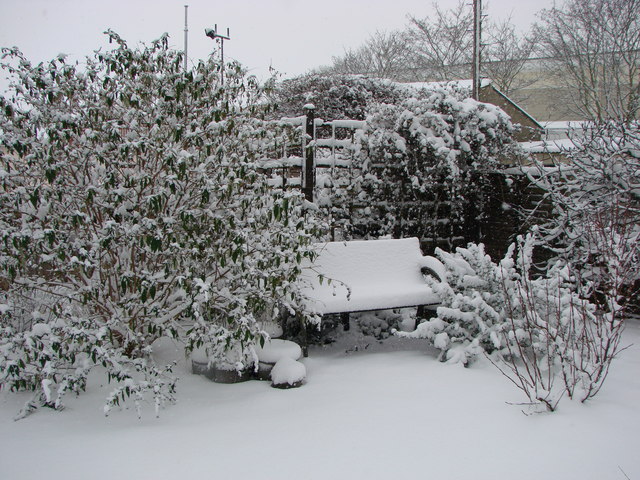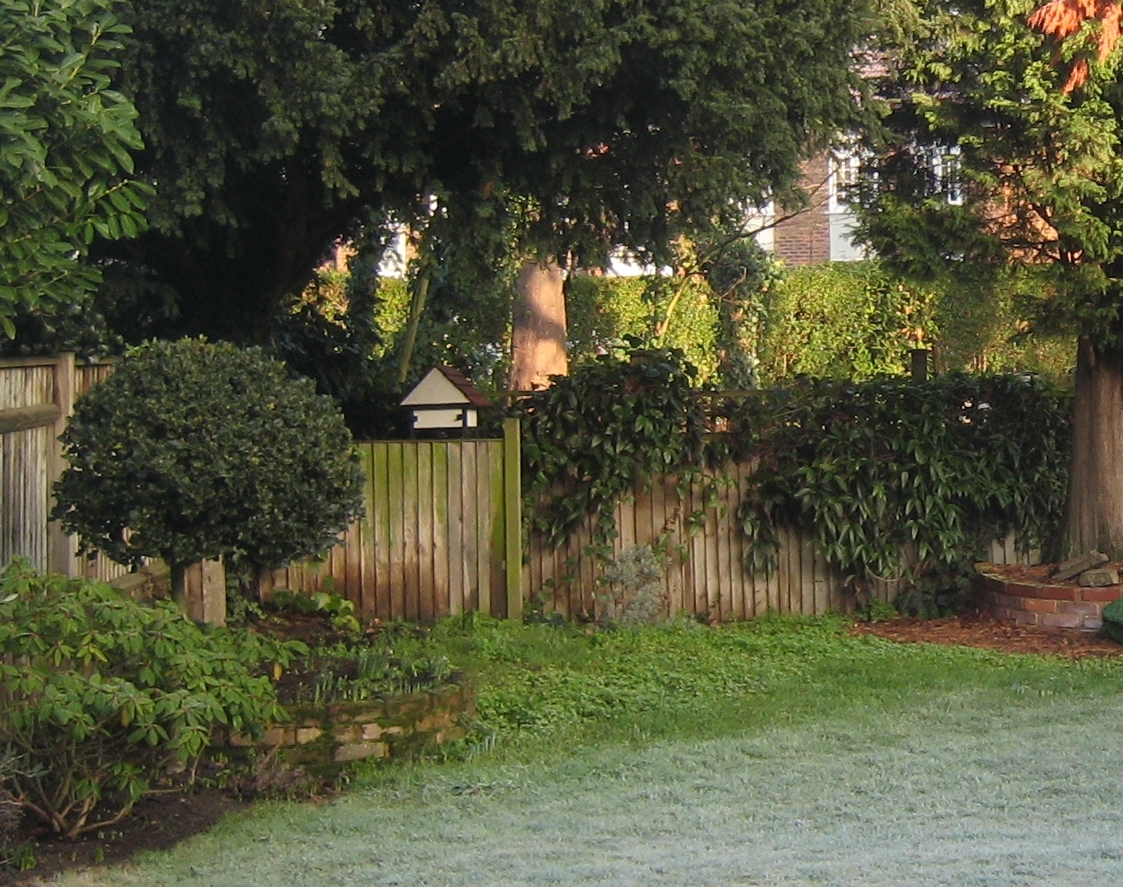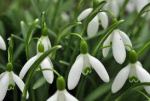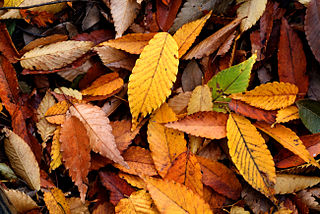Winter is here and no doubt will bring the bitter cold and harsh frosts.
Although there are jobs that should be avoided during frosty conditions, there are still a few tasks that you can do to help your garden look good throughout winter and ready for spring.
Things to do
- Weed: If the ground isn’t frozen then you can still weed, this is the perfect time of year to get on top of weeds.
- Ponds: Try to keep ponds and water features from freezing over. Put a ball in your pond to keep ice from forming, and regularly run your water feature.
- Feed: Provide feed for the birds; A good tip is to soak oats in left over cooking fat and put this out.
- Mulch: Evergreen plants will benefit from a layer of mulch at their base. This will prevent the soil from becoming frosted; therefore this will allow them to take up moisture during periods of cold weather.
- Protect: Grow tender plants in pots so they can be moved inside during bad weather.
- Pots: Place pots on pot feet to prevent them from becoming waterlogged.
- Fleece: tender plants growing in the open ground can be protected with a simple fleece-covered frame. Ferns and palms should be insulated by wrapping them in layers of fleece or hessian stuffed with straw.
Things to Avoid
- Frost: Avoid walking on lawns when it’s frosted, the grass blades are literally frozen. Any activity on the lawn while it is frosty, like walking will “break” the grass blade and damage the lawn. It will recover eventually, but it may not fully bounce back until the following spring.
- Mowing: Avoid mowing the lawn during frost periods, the growth rate would have slowed down and therefore it is not essential. If a lawn is mowed when it is frosty it can cause damage which can include blackening of the grass blades.
- Pruning: Avoid pruning shrubs when the weather is frosty. This will help prevent die-back. Pruning needs to be done in autumn or early spring when the weather is a bit milder.
- Planting: Avoid planting if the ground is frozen. New plants are unlikely to be able to survive and adapt to their new surroundings if the ground is frozen.
Do not automatically give up on a plant that has been frost damaged. Many plants can be surprisingly resilient and may well rejuvenate from dormant buds at or below soil level. This takes time so recovery may not be seen until early summer.
Remember that although there may not be that much to do in the garden during the winter months it is the perfect time to start planning for next year.




